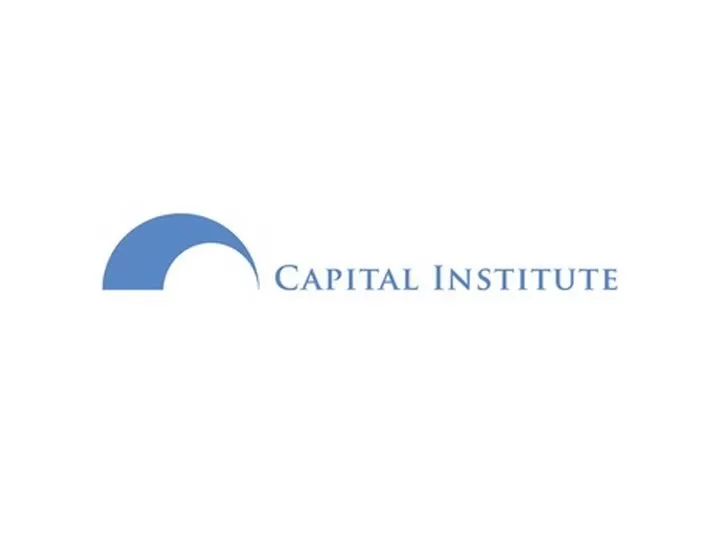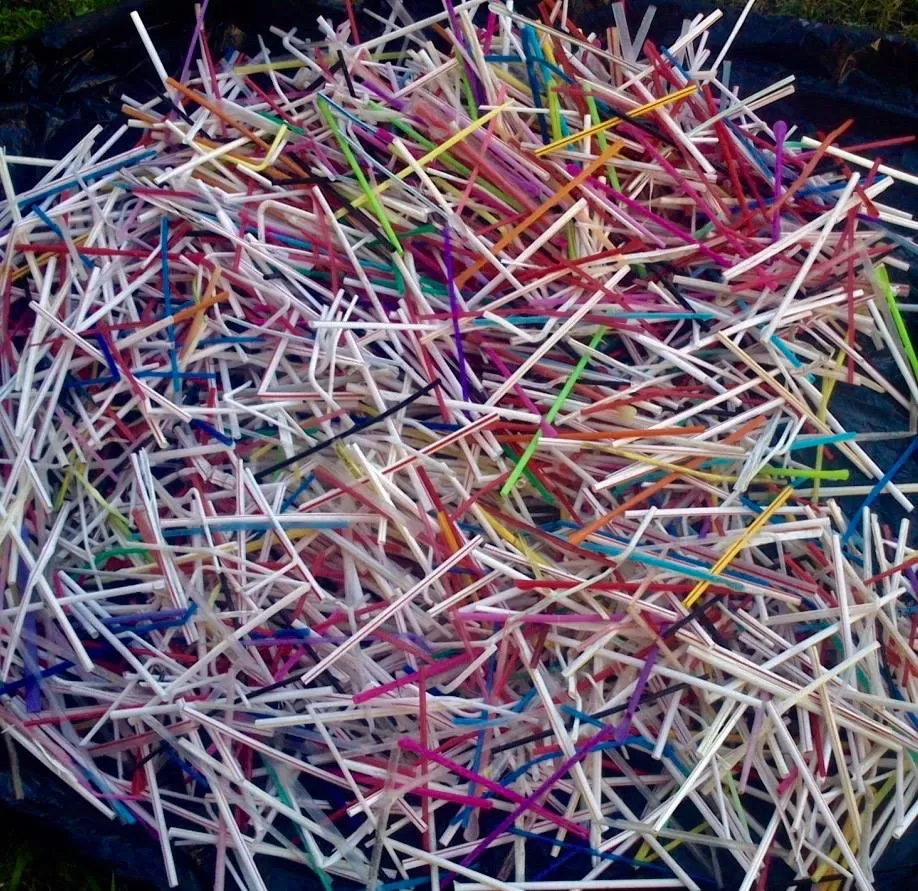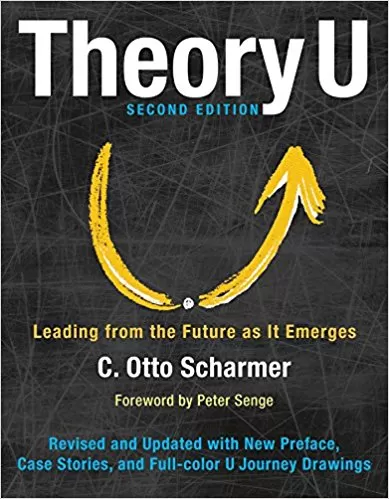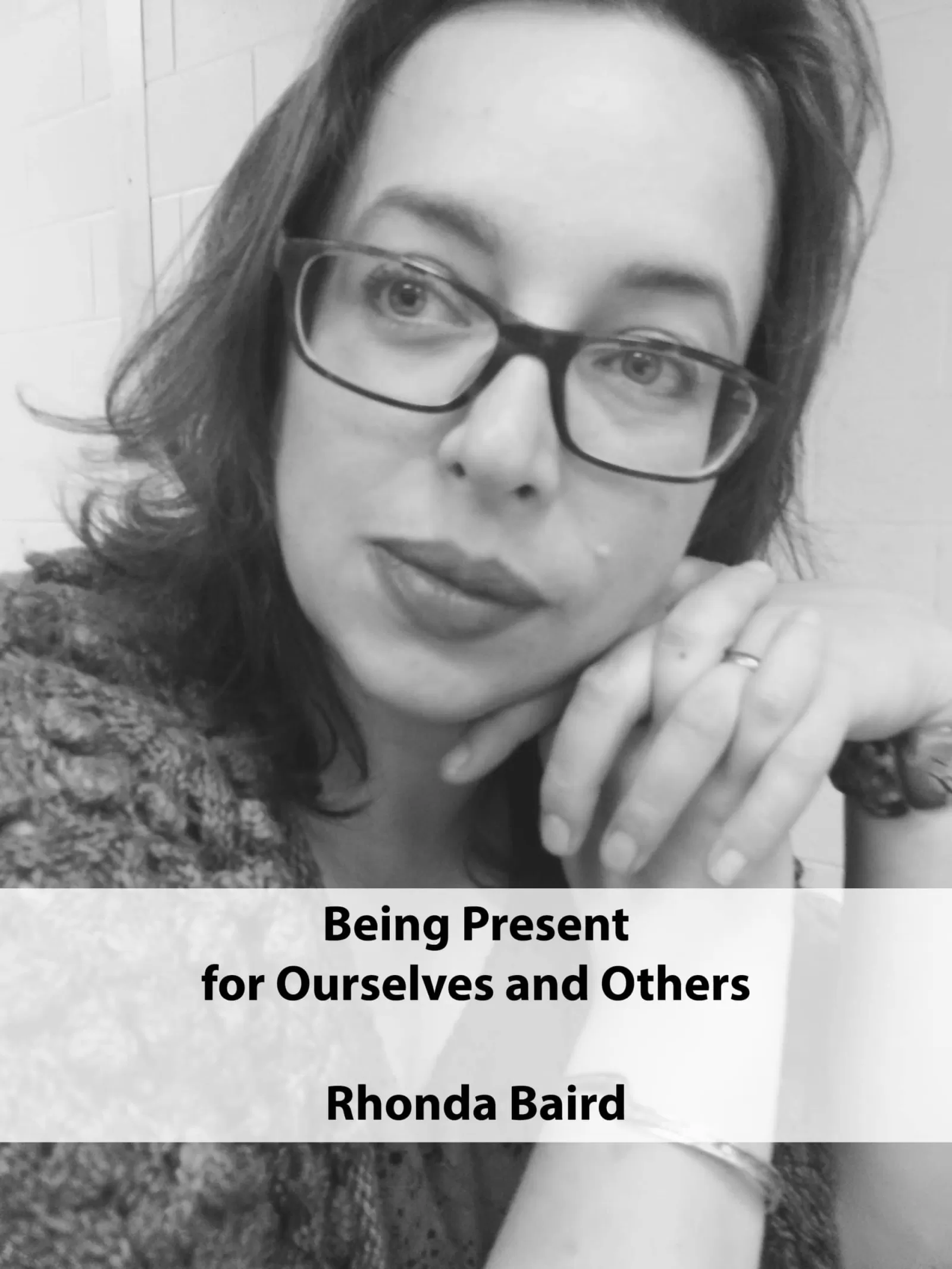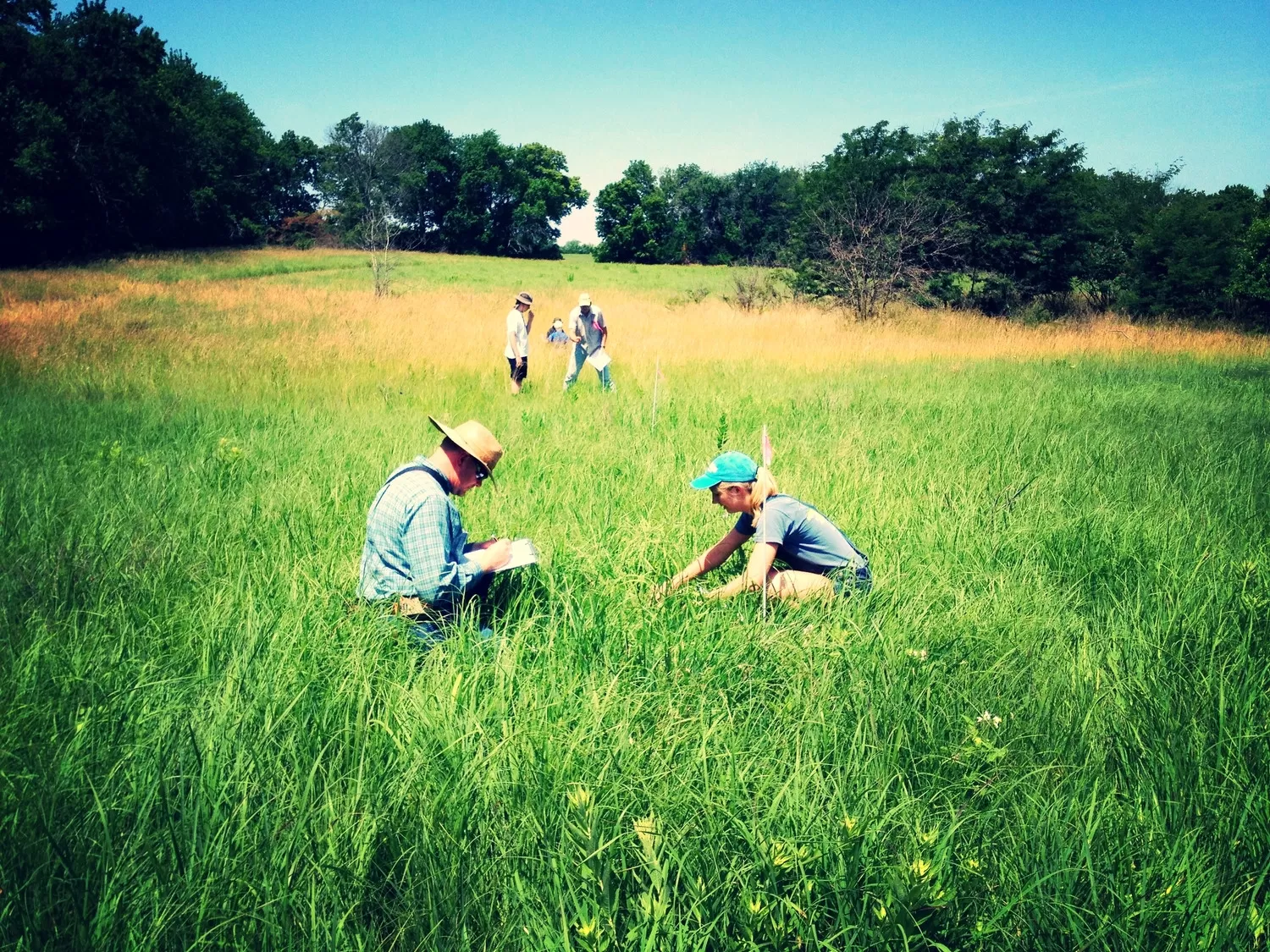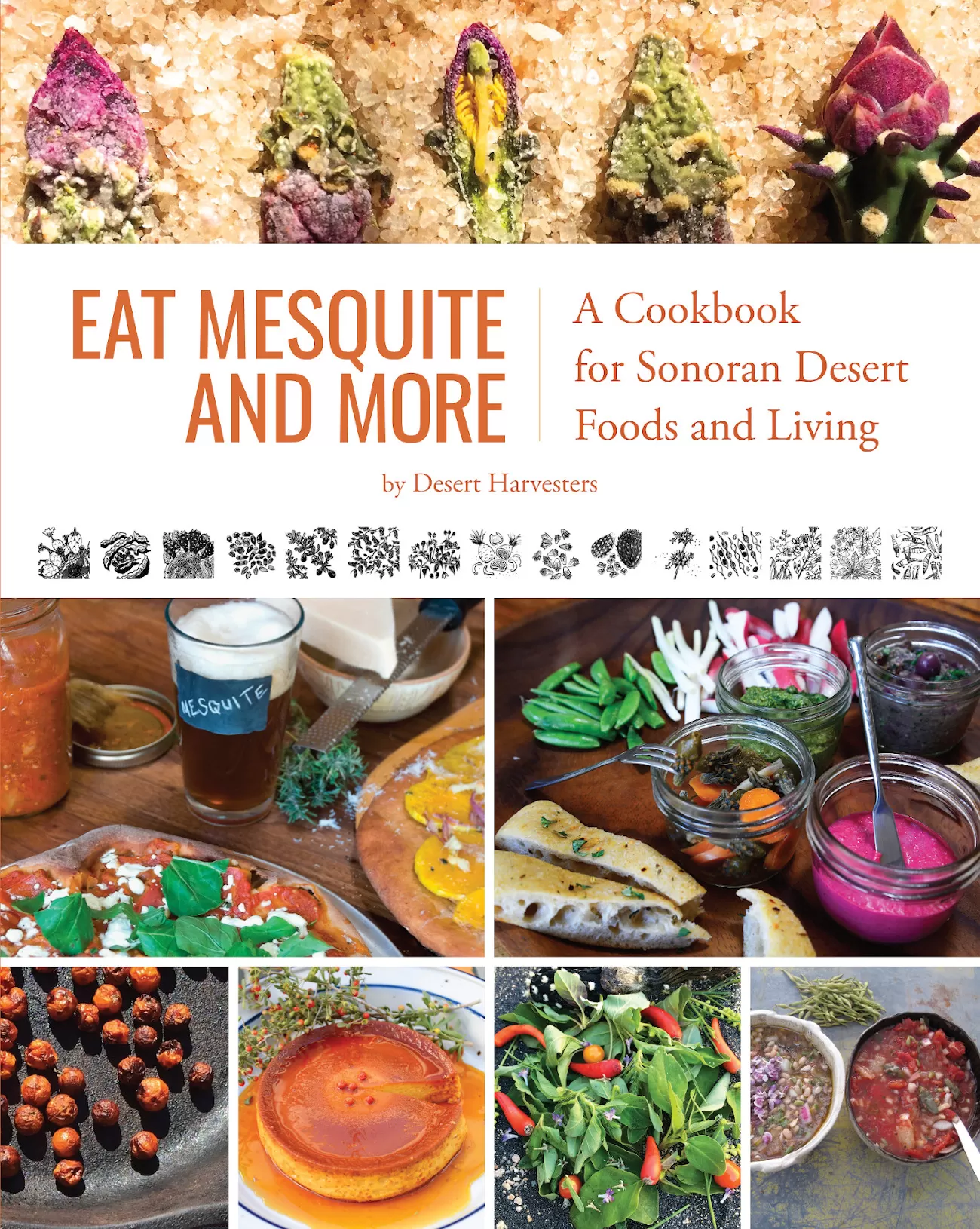Victoria Redhed Miller - The Legality of Craft Distilling

My guest is Victoria Redhed Miller author of Pure Poultry and her latest From No-Knead to Sourdough. These books pull on her experiences as an off-the-grid homesteader in the Pacific Northwest and are available from New Society Publishers.
Our conversation today, however, comes from her second book, Craft Distilling, as we discuss what is involved with legally crafting our own booze at home. With that in mind, we about the lunacy of laws when everything we want to do at home or on our homestead is illegal and what we can do to bring about change, as well as a history of the role of distilling, liquor, and taxation in the founding days of the United States. This is the first of two conversations on distilling with Victoria. We recorded nearly two hours of audio together in a single session, so end here with some of my thoughts on this need for change and how we can engage. The other half of this, out in a few weeks, begins with Victoria walking us through an overview of the distilling process and then diving deeply in. You can find out more about Victoria, Craft Distilling and her other books at victoriaredhedmiller.com, or through her publisher, NewSociety.com. After listening to our discussion about working to make craft distilling legal, what issue matters enough that you would start making some phone calls and writing letters to engage in the political process as a private citizen with a passion for ecological and individual progress? I’d love to hear from you. Email: The Permaculture Podcast Write: The Permaculture Podcast The Permaculture Podcast From here, the next regular interview is a conversation with The Mudgirls, a women-owned and operation Natural Builders Collective in British Columbia, Canada, and the authors responsible for the upcoming Mudgirls Manifesto. Until then, spend each day creating the world you want to live in my getting involved and taking care of Earth, yourself, and each other.
Resources
Victoria Redhed Miller
Craft Distilling
New Society Publishers
Whiskey Rebellion (Wiki)
H.R.2903 - Craft Beverage Modernization and Tax Reform Act of 2015 - The bill we want to be passed! It includes a provision to exempt home distilleries from excise tax and bonding requirements when making liquor for personal or family use.


